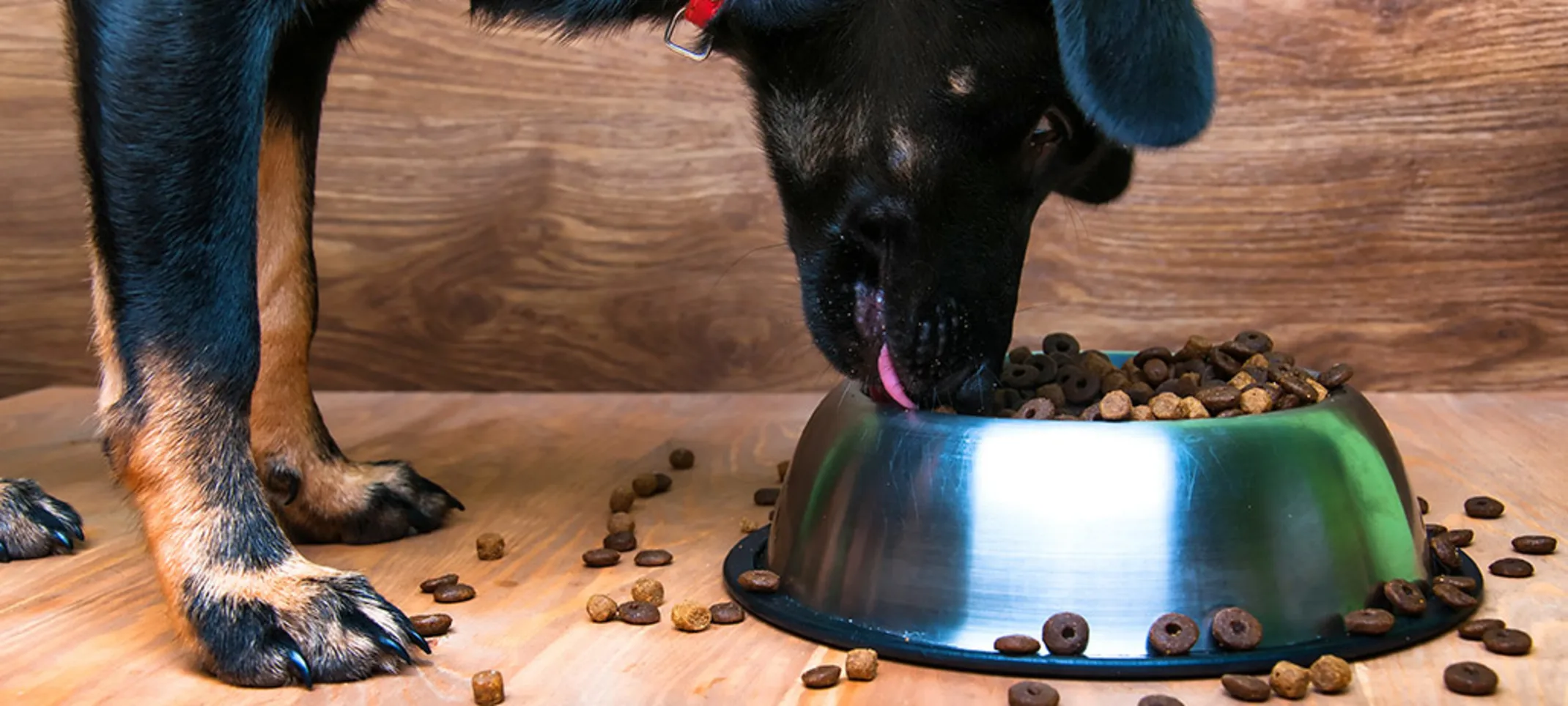Animal Medical Center of Gahanna
Nutritional Counseling
Nutrition plays a significant role in promoting comprehensive health and wellness in your pet.

At our hospital, we believe that nutritional counseling is a vital process that requires frequent assessment, personalization, and modification. Our team of veterinarians is happy to guide pet parents in how to best meet the unique dietary needs and necessities of their pets.
Overview
Maintaining a healthy body weight is a very important aspect of a pet’s overall physical health. Good nutrition can help provide your pet with a happier, safer, and longer life. There are many nutritional supplements that can help fight against disease, maintain a proper weight, and promote the overall well-being of any animal.
Why is maintaining a healthy weight important?
Obesity is a common problem among pets, as it can be easy to overfeed a pet that knows how to beg. Being overweight is a serious problem for animals, and can cause health problems as they get older. With proper diet and exercise, all pets should be able to meet their dietary needs and be within a healthy weight range. The best way to make sure your pet’s needs are being met is to consult with us about a specific diet for your pet and their lifestyle. Our staff will help your pet battle unhealthy weight gain and counsel you on the best nutritional options available.
When is a diet change needed?
Pets should be fed a balanced wellness diet based on a number of factors, including their life stage, their breed or size, activity level, and any health issues they have. Diet changes are recommended when they enter a new life stage. For example, transitioning is recommended from puppy or kitten to adult, or from adult to senior, which is usually around age seven. Diet changes may also be recommended if your pet develops any issues that could be treated with a prescription diet, such as obesity or a food allergy.
How diet & nutrition can help your pet
We will help you make the right dietary changes for your pet so that they can stay on track living their happy and healthy lives. A healthy diet and good nutrition can reduce or even eliminate the following problems:
pet allergies
itching and scratching
dull coat
arthritis
joint and hip problems
intestinal disorders
Skin and coat supplements are a great way to keep your pet looking and feeling their best. Arthritis and joint supplements can be helpful for many pets as they age.
Schedule Your Appointment Today!
If you are ready to help your pet enjoy a healthier, happier life through enhanced nutrition, schedule an appointment today by telephone or through our convenient online scheduling portal.
Why Nutritional Counseling?
Whether you are dealing with simple issues such as which treats are best to larger issues like the need for a full-scale weight loss program, your pet can benefit from nutritional counseling. Because nutritional counseling is not only specific to each individual patient, but also changes depending on your pet’s current health and phase of life, one-on-one, face-to-face visits with your veterinarian offer the most productive setting for evaluating your pet’s nutritional health.
Clients should be prepared to provide the veterinarian with brand, formula, flavor, nutritional contents of all the food and treats the patient is being fed.
What to Expect During Nutritional Counseling?
Understanding your pet’s needs begins with a veterinary visit, which allows us to obtain your pet’s current weight, determine his body condition, and perform a comprehensive physical exam. A combination of many factors – including the amount of exercise your pet receives; current medical conditions; and calorie content of your chosen pet food – determines the right amount to feed your pet. Your pet's age and breed will also factor into determining your pet's ideal weight range. Your veterinarian will use this information to create a specific prescription for your pet's best nutritional health. You will also be provided with other valuable information, such as a detailed weight loss plan; specific, medically-advised diet; and/or basic food requirements for you pet. Wondering what you can do at home to keep an eye on your pet’s weight? A defined waistline typically indicates that your pet is at a healthy weight. (Typically, you should be able to feel your pet’s ribs but not see them.)
